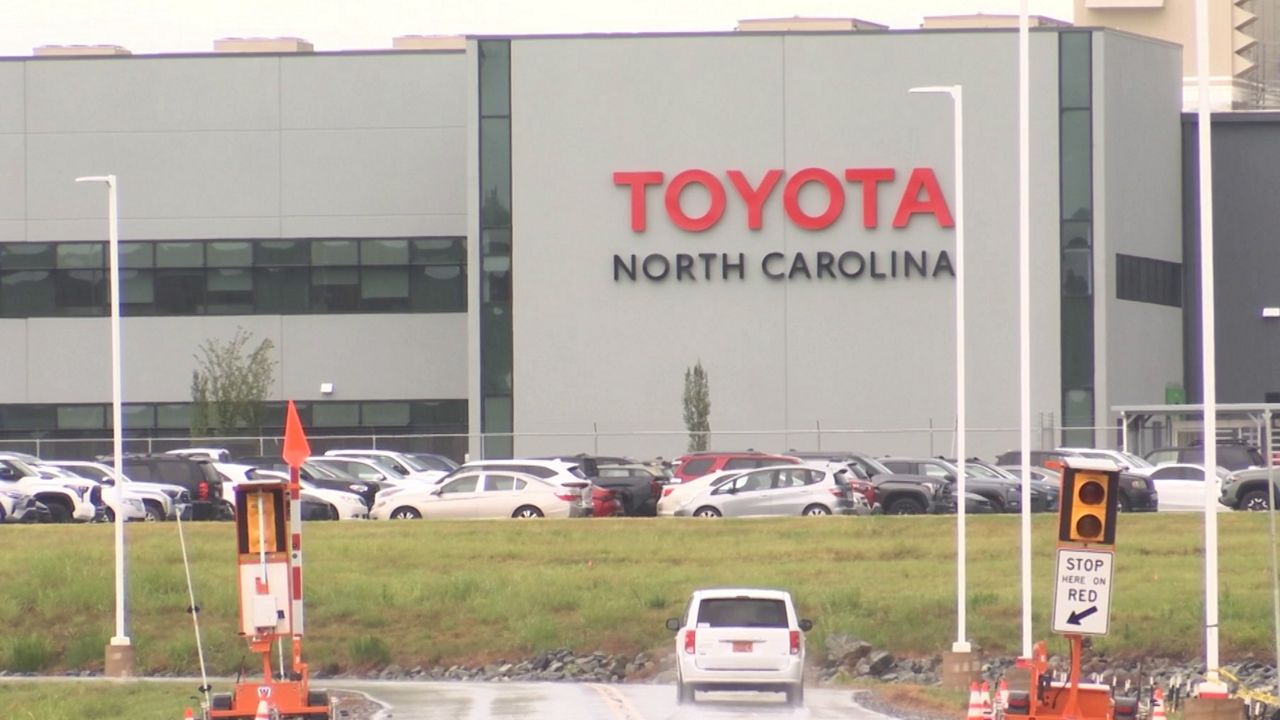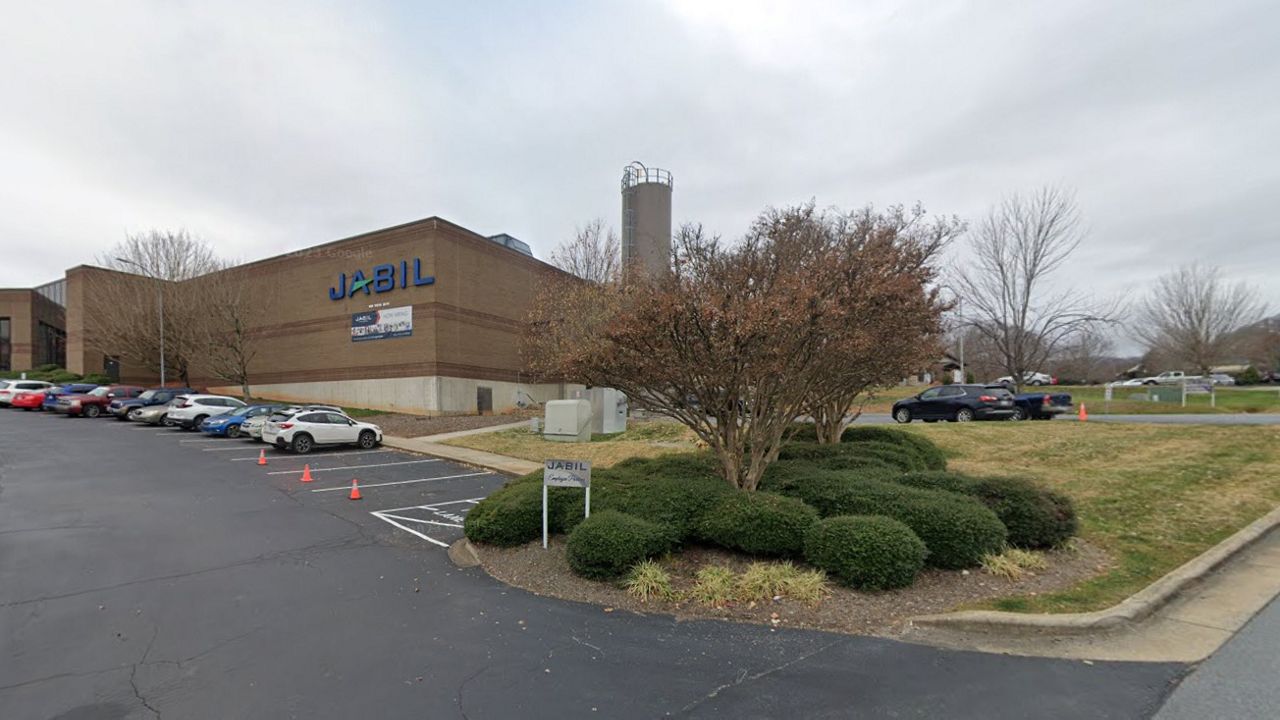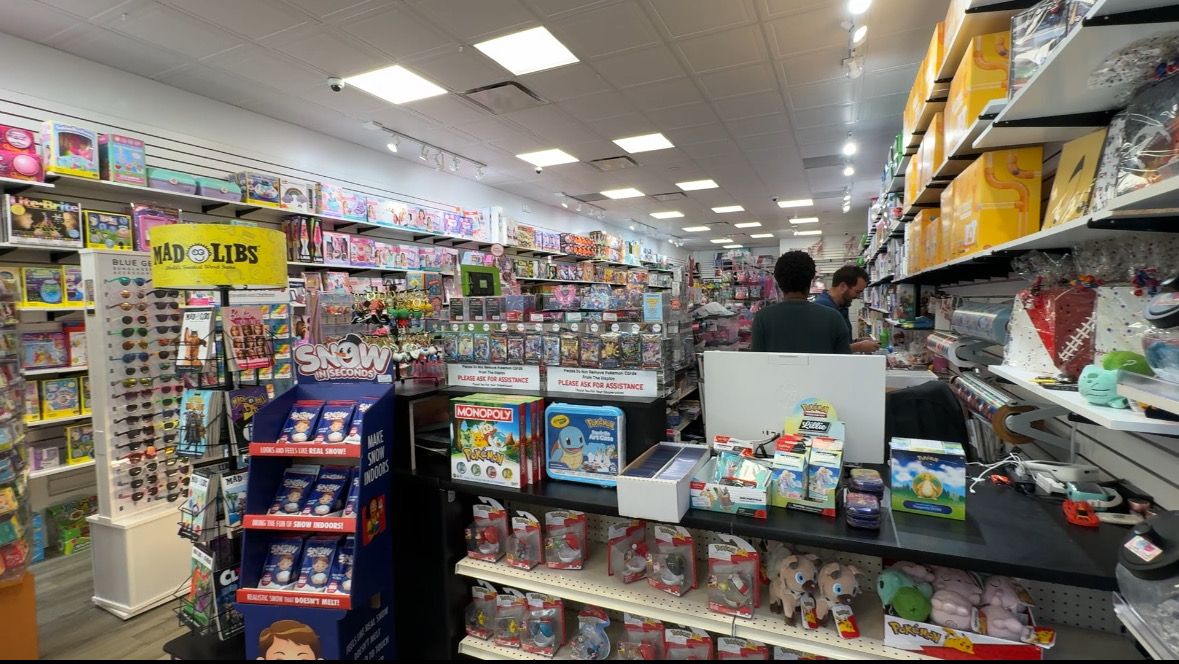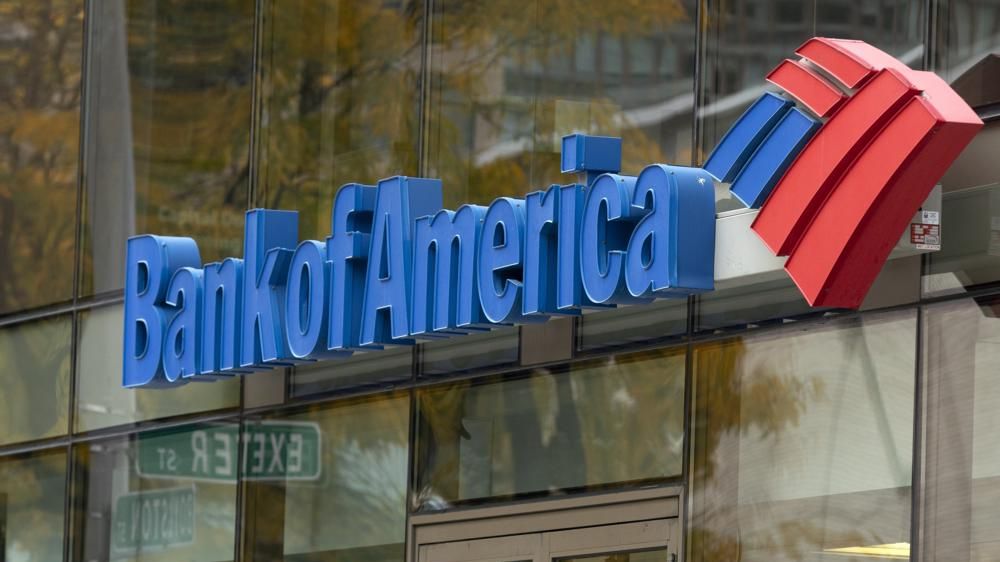NORTH CAROLINA – Economic Development Leaders in both High Point and Raleigh have fielded calls throughout the pandemic about their oppotunity zones.
The zones lie in parts of the city that have historically seen less development and job opportunities.
Just when those leaders thought inquiries would die down, they were were pleasantly surprised.
"We love this live, work, play kind of neighborhood idea, and I think we're gaining on that here," says Sandy Dunbeck, executive VP of the High Point Economic Development Corporation.
The goal is to replicate the work they've done in downtown, just south of it.
"Opportunity zone investors can invest in apartments and other properties, but they can also invest in redeveloping properties or even in new construction," Dunbeck says. "It's across the board, so it's almost an unlimited number of properties within these areas."
Investors get tax credits when they develop in opportunity zones.
The federal government designed the zones as an economic development tool, meant to spur growth in areas of cities that don't always get a chance for expansion.
Beth Freidrich, the senior manager of development in Raleigh, says they were also designed to be mutually beneficial.
She believes Raleigh is in a very fortunate position, with 10 opportunity zones across the city.
"Once a week, I get a question from a developer or from a real estate agent asking about our opportunity zones," she says.
Even during the pandemic, interest has remained steady. About a dozen projects are still in the works. The only one on hold is the Raleigh Convention Center project.
Economic development leaders say the local workforce also plays a big role in developers' decisions on where to invest.
They tend to gravitate toward areas with an educated and hardworking workforce.









